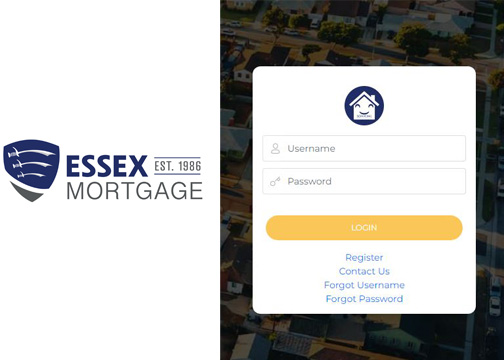Yes, student loan debt can affect buying a house. Having student loan debt can affect your ability to buy a house. Additionally, it might be expensive to pay off college loans in addition to a mortgage. Furthermore, a lot of youth blame high student loan debt for their extended home-buying indecision.

Debt from college loans causes a four-month delay in becoming a homeowner. Additionally, student loan debt reduces the amount of money you have available for both a down payment and housing costs that affect buying a house. Therefore, if you have more debt and make a smaller down payment, getting approved by a mortgage lender are minimal.
How Does Student Loan Debt Affect Buying a House?
For several reasons, having student loan debt typically makes it harder to qualify for a mortgage. First, student loan debt raises your debt-to-income (DTI) ratio, used by lenders to evaluate your credit risk. Essentially, your debt-to-income ratio (DTI) is the monthly debt payments you have to your monthly income. While many lenders have minimum DTI ratio requirements of 36%, some have greater maximums.
However, your chances of being accepted for a home loan will decrease as your DTI ratio increases. A credit score is influenced by various factors. This includes timely debt payments, recent credit acquisition, credit mix, usage ratio, and credit history length. Additionally, your credit score may rise if you can pay off your student loan debt within a few years by proving your trustworthiness. However, debt from school might also lower your score.
For example, your credit score has probably decreased if you have ever missed payments totally or made late payments on your student loan. Furthermore, if your debts defaulted, your credit score may have suffered as well. Your credit score may not improve following a default for several years. By raising your debt, student loan debt also decreases your credit usage ratio, which can affect buying a house.
Should I Pay Off Student Loan Debt before Buying a House?
Waiting to buy a home until student loans are paid off is a bad idea for most borrowers who pay them down over a ten-year period. Technically, this applies to student loans, whether paid through an income-driven repayment plan or over 15 or 20 years. The recent increase in housing prices has prompted individuals to act quickly if they are ready to buy a home. Despite cooling off in recent months, home prices reached all-time highs last year and are still up year over year in several cities.
Additionally, it could be more reasonable to lock in a house now, before prices rise much further. This is if interest rates on student loans are around 5%. However, keep in mind that mortgage rates are still rather high. Also, borrowers attempting to save for a down payment on a house might also benefit from this idea. It is far more difficult to save up twenty percent for a down payment in the current climate of high costs and rampant inflation.
There are situations that make financial sense to settle student loans before purchasing a property. For example, you might want to stick with the plan and pay off your student loans as quickly as possible. This is if you can pay them off in a year or less and want them out of your life. The is true that making a house payment will put an excessive amount of burden on you and your monthly budget is heavily dominated by student loan payments.
How to Be Eligible for a Mortgage with Student Loan Debt
When it comes to mortgage approval, student loan debt is often handled pretty much the same as other forms of debt. You typically need a DTI of less than 43% for qualified mortgages, such as those guaranteed by the federal government. However, some lenders could permit a greater DTI.
Lenders will also consider additional factors, like:
Credit score
This shows how you manage credit and gives lenders an idea of your likelihood of making on-time payments. Additionally, a better credit score increases your chance of being accepted for a mortgage since it indicates that you are typically seen as more dependable.
Income stability
You may be able to qualify if you can demonstrate that you make a consistent enough income to cover both your mortgage and your student loans.
Other assets
To provide the lender a full picture of your potential emergency fund, your savings and other assets will also be taken into account.
Furthermore, lenders may still follow the 43% DTI limit if you’re seeking government-backed programs, such as VA or Federal Housing Administration (FHA) loans. The upside of these loans is that you may be able to get a loan with more accommodating credit parameters and a smaller down payment.
How to Buy a House with Student Loan Debt
The procedure of buying a house with student loan debt is quite similar to that of purchasing a home without debt. Additionally, it’s crucial to do your research and evaluate many lenders before starting the procedure. To find out how much you can borrow, find out whether you can be pre-approved. Because they don’t necessitate a formal credit investigation, preapprovals have no effect on your credit score. Furthermore, consult a buyer’s real estate agent for assistance. The seller will ultimately cover the charge if you are fortunate enough to have a buyer’s agent at no cost to you. In addition to acting in your best interest, a competent buyer’s agent may assist you in negotiating conditions.
Final Thoughts
Buying a house with a student loan debt is possible, but you must be aware of how your monthly payments affect your DTI. Before approving your loan, lenders will take into account all of your financial circumstances. Moreover, when trying to manage student debt, carefully evaluate your financial objectives and circumstances to see if it makes sense for you to purchase a property.





